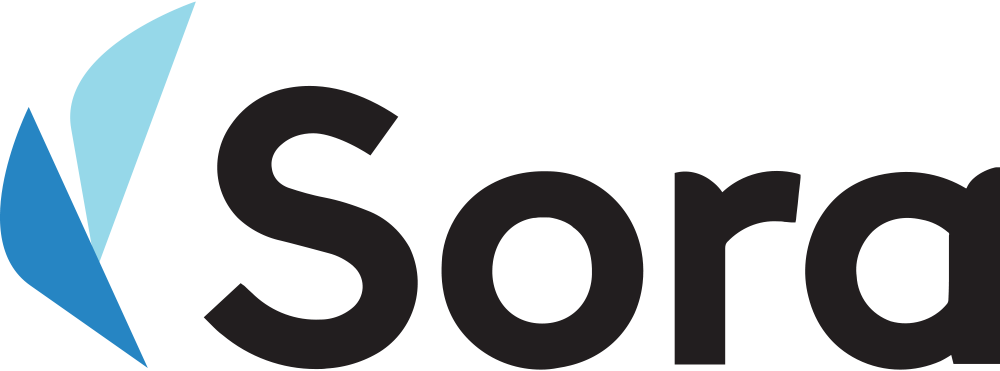Top news articles for financial advisors and personal finance
Week of 7/11
This week's recap focuses on the spike in mortgage rates, the erasure of medical debt, market clarity with Q2 reports, Roth conversions, and embedded banking.
Mortgage Rates Spike After Concerns of Inflation Persist (Kathy Orton, Washington Post)
After the largest rate drop since 2008, the average 30-year fixed mortgage rate spiked to 5.51% this week, up from 5.3% last week. Mortgage investors attribute the latest spike to inflation being higher than expected. When inflation is high, the cost of everything goes up – including the cost to borrow money. Read more to stay up to date about the current mortgage environment.
Medical Debt Is Being Wiped Off Credit Reports. What That Means for You (Ayse Kelce, Wall Street Journal)
Effective July 1, the three major credit reporting bureaus have removed medical debts that went into collection but were subsequently paid. In the past, these types of debts would remain on reports for as long as seven years. A change like this would massively help when having credit checks from landlords or employers and people can expect a modest boost to their credit scores. Read more to learn about how these changes will impact Americans nationwide.
Earnings Reports Will Shed Light On Economy’s Future, Aspiriant Exec Says (Karen Demasters, Financial Advisor Magazine)
In the next few weeks companies will start releasing their Q2 earnings reports. We can expect a series of market volatility to be clarified and to gain insight on the economies future. The bears predict negative growth in the next 18 months, while the bulls continue to weigh the odds of a recession. Read more to see how investment strategies have evolved in light of the latest CPI report.
Be Ready To Answer Questions About Roth Conversions In This Down Market (Paul R. Samuelson, Financial Advisor Magazine)
In this down market it’s important to field questions to your advisors about your IRA. Paul Samuelson, CIO of LifeYield, goes on to explain that “advisors who stay close to their clients and are agile—they revise recommendations based on market returns and clients’ situations—will benefit by retaining more assets under management and possibly earning the business of younger family members and associates. Read more to gain insight into your clients' Roth questions.
How Embedded Finance is Blending Banking and Commerce (Steve Cocheo, The Financial Brand)
Traditionally, banks enjoyed being the face of their loan underwriting process. With embedded banking on the rise, this article explores data that shows compelling evidence of indirect banking being a way to increase loan growth and shut out competition. Read more to understand how banks can evolve their practice into embedded banking.
